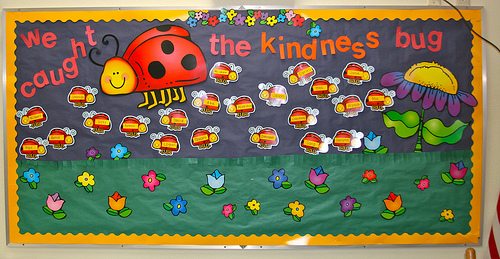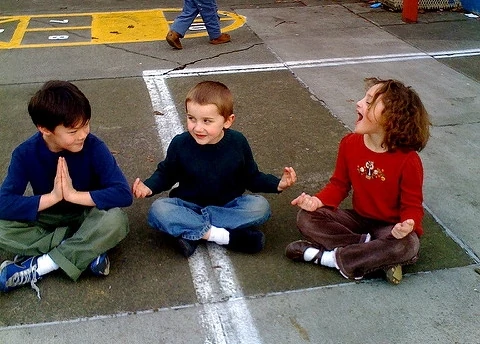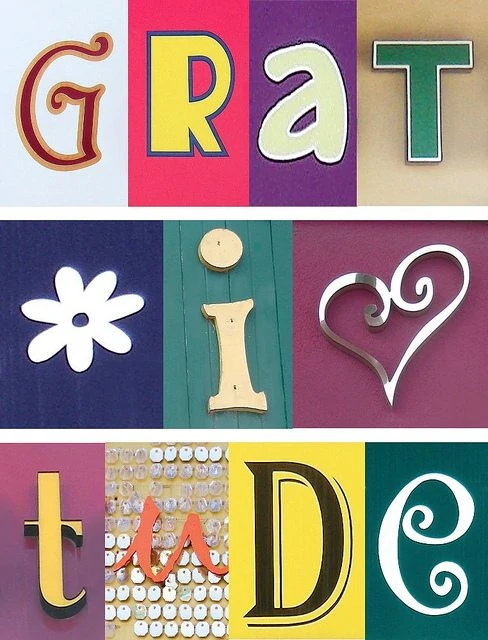Have you ever had a stranger help you from out of the blue?
Our good friend Don was recently thinking about the quality of empathy and what it would be like to receive such a random act of kindness. So on his way to work one day, while ordering coffee at a drive-thru, he told the woman working at the window that he wanted to pay for the car behind him.
buy cialis professional generic over the counter
She looked at him with a puzzled expression and asked, “Are you friends?”
“No, I just think it would be a nice thing to do.”
Two weeks later, she recognized him when he was back at the same drive-thru. She said that when the people he’d paid for reached the window, they were so happy over their free drinks that they, in turn, paid for the person behind them, who paid for those behind them…and on through 9 or 10 more cars!
I couldn’t help but think of this story while attending a recent conference in San Francisco on “Educating the Whole Child/Student: Using Brain Science for Smarter, Happier and Healthier Learners.” A thousand educators were there, and we heard about the latest brain research and how it applies to education. It was amazing and incredibly validating, with cognitive and social scientists reporting that the most successful students are those who are happy, self-regulated, social, empathic, compassionate, mindful, moral and physically healthy.
Yes, the teaching of social-emotional skills and providing opportunities for students to move are not just “extras” that schools can cut – they are essential to academic success and, perhaps even more importantly, to happiness. After all, isn’t that what academic success is supposed to lead to? Academic success to life success, life success to happiness?
But maybe we have it backwards and should start with happiness.
Psychologist Martin Seligman recognized this decades ago and compiled extensive research showing that people are happiest when their needs are met — not just food, shelter and sleep, but also love, appreciation, security and enrichment. Meantime, while resources like the DSM continue to focus on what can go wrong, the body of happiness research continues to grow and positive models such as Seligman’s Character Strengths approach give us ways at look at what can go right.
One of the most fascinating research discoveries of late is that happiness can be contagious, as reported by health policy scholar Nicholas Christakis, MD, PhD, MPH, an internist and medical sociologist at Harvard Medical School. In fact, as Dr. Christakis explains in his 2009 article “Dynamic Spread of Happiness in a Large Social Network,” if we surround ourselves with people who have found joy, joy may be as easy to catch as the common cold. Using data from the large Framingham Heart Study, he examined participant relationships over a 20 year period and found that “when a person who lives within a mile of a good friend becomes happier, the probability that this person’s good friend will also become happier increases 15 percent.” More surprising, Christakis wrote, “is that the effect can transcend direct links and reach a third degree of separation: when a friend of a friend becomes happier, we become happier, even when we don’t know that third person directly.”
This unique discovery about the nature of contentment earned Christakis a slot as one of Time’s “100 Most Influential People” of 2009.
Pay it Forward
Meet Rick Russamenti:
In February 2011, the desk clerk at Mr. Ruzzamenti’s yoga studio told him she had recently donated a kidney to an ailing friend she had bumped into at Target. Mr. Ruzzamenti, 44, had never even donated blood, but the story so captivated him that two days later he called Riverside Community Hospital to ask how he might do the same thing.
buy Overnight Drugs generic over the counter
Rick’s one act of kindness – the focus of a recent NY Times feature – ultimately resulted in a record chain of 30 transplants.
What made the domino chain of 60 operations possible was the willingness of a Good Samaritan, Mr. Ruzzamenti, to give the initial kidney, expecting nothing in return. Its momentum was then fueled by a mix of selflessness and self-interest among donors who gave a kidney to a stranger after learning they could not donate to a loved one because of incompatible blood types or antibodies. Their loved ones, in turn, were offered compatible kidneys as part of the exchange.
Chain 124, as it was labeled by the nonprofit National Kidney Registry, required lockstep coordination over four months among 17 hospitals in 11 states. It was born of innovations in computer matching, surgical technique and organ shipping, as well as the determination of a Long Island businessman named Garet Hil, who was inspired by his own daughter’s illness to supercharge the notion of “paying it forward.”
Do you feel more inspired to help others after hearing stories like this? Many do, lending further proof that kindness and compassion tend to spread.
As we’re now learning from neurocognitive research, teaching children how to cultivate empathy, social affiliation and happiness not only helps their learning and lifelong brain health. It teaches them how to be human – a virtue and skill that dwells in the true heart of education.
Images by dingler1109 and kissyface, via Flickr
VZ96VBHM36F8






